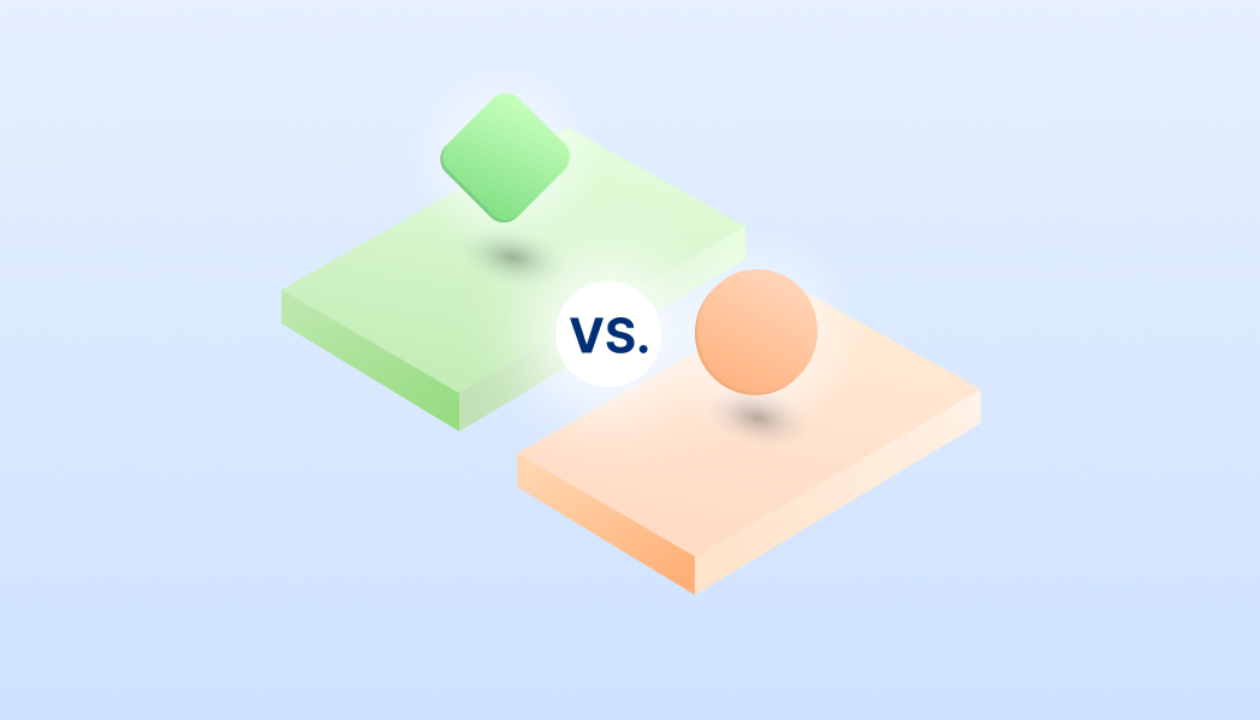TaxCloud Sales Tax Blog
Sales Tax Resources and Insights
The latest sales tax industry news, interviews, technologies, and resources.
categories
View All Ecommerce Tech Stack Product Updates Sales Tax Tax Calculation Tax Collection Tax Filing Tax Software Integrations Tax Techcategories
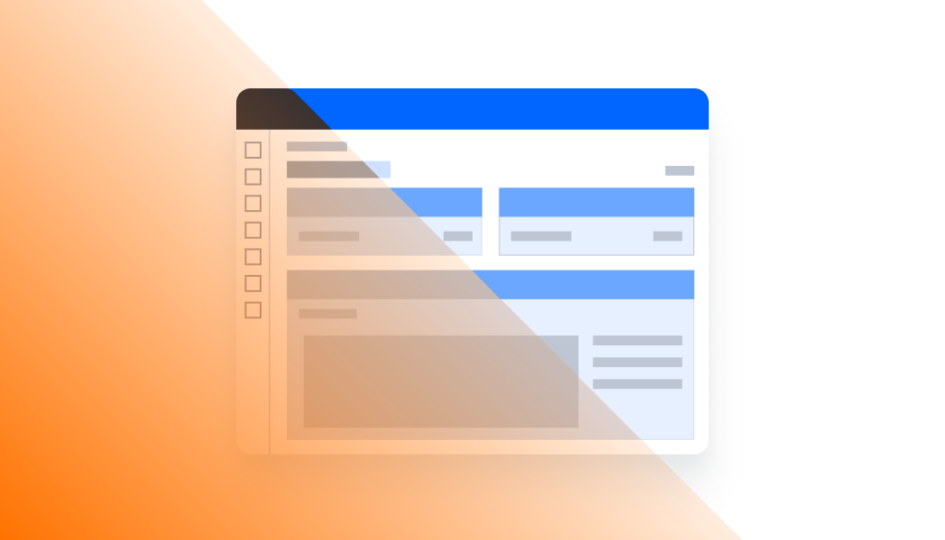
Avalara Alternatives
Avalara Alternatives: Find Out the Best Fit for You In search of a better sales tax compliance software solution than…
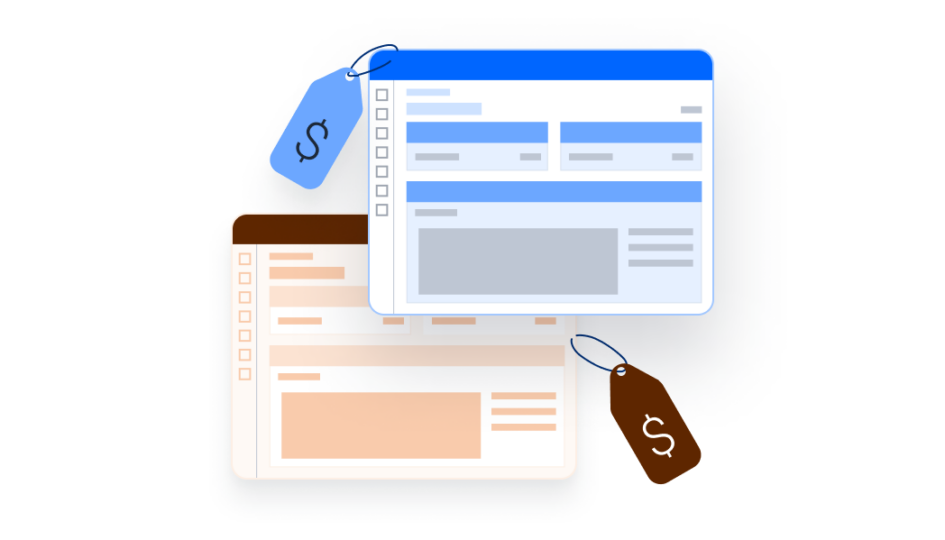
How much does Avalara cost?
Are you curious about Avalara’s pricing? Whether you’re on the hunt for a new sales tax software or you’re already…

Best Sales Tax Software Platforms: Reviewed for 2024
Sales Tax Compliance Software for Modern eCommerce If you have an online store, one of your biggest challenges is undoubtedly…
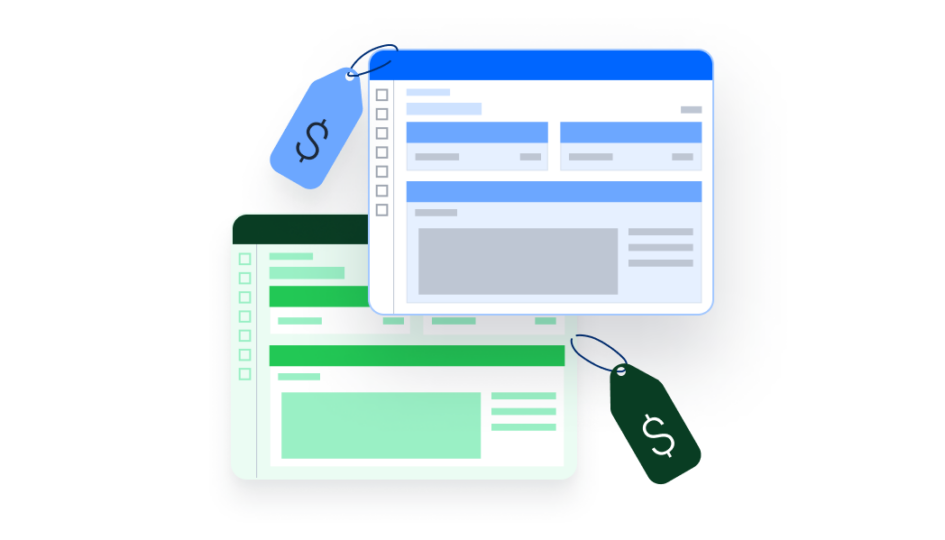
Wondering about TaxJar pricing?
First, let’s take a close look at what TaxJar has to offer, exploring its features and how they work. Then,…

TaxJar Alternatives: 8 Sales Tax Software Options to Consider
Let’s begin with a brief overview of TaxJar, exploring what it offers and what it costs. Next, we’ll guide you…
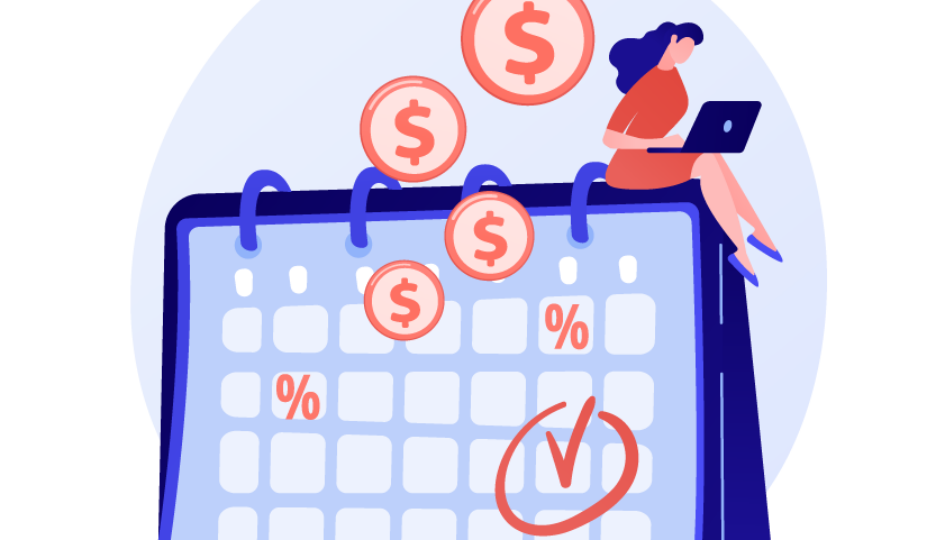
Sales Tax Due Dates 2024 for eCommerce
Can’t remember your sales tax due dates? We break down sales tax filing due dates for 2024 – and share…
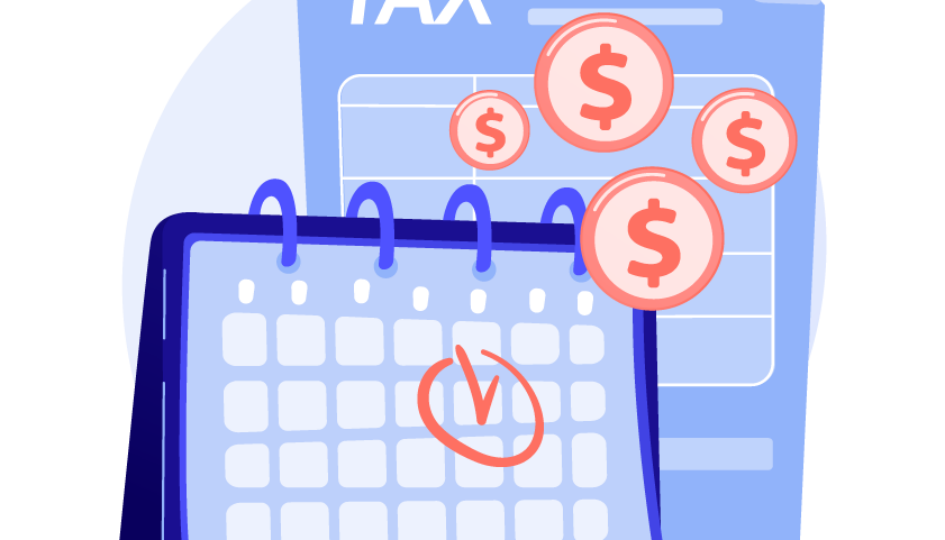
Sales Tax Holiday Master List (2024)
In this post, we’ll give you an overview of the sales tax holidays scheduled for 2024 and the break down…
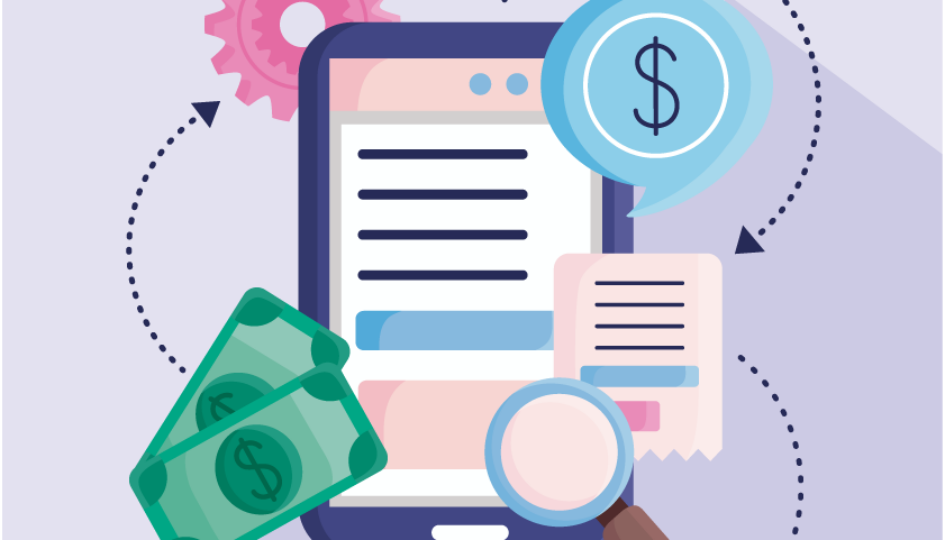
Sales Tax Changes 2024
New year, new rates. Sales tax changes in the US Running an ecommerce business these days requires near constant effort…
